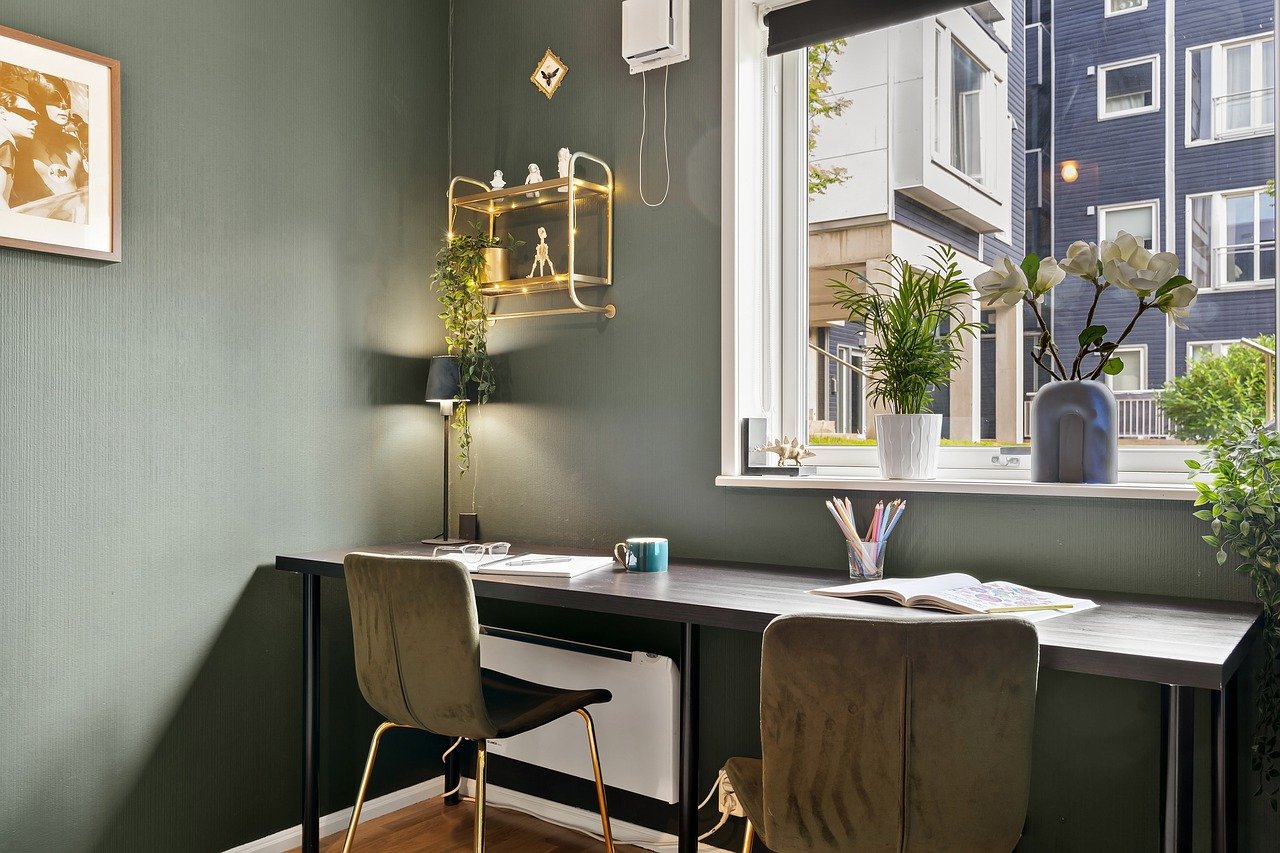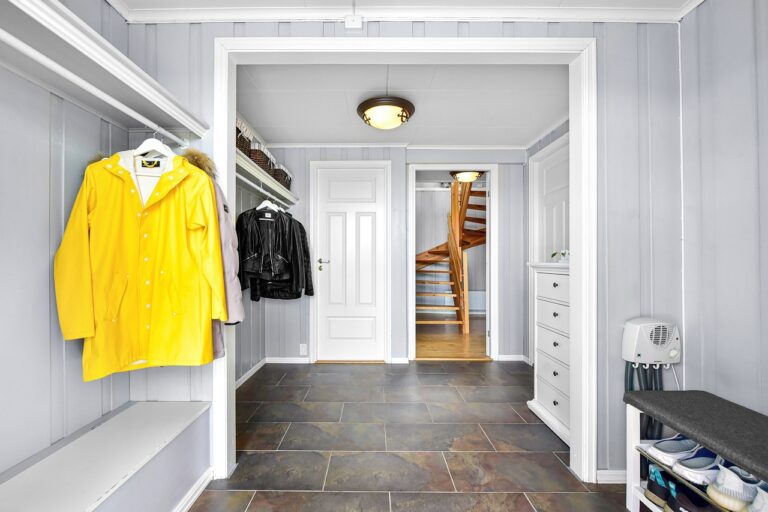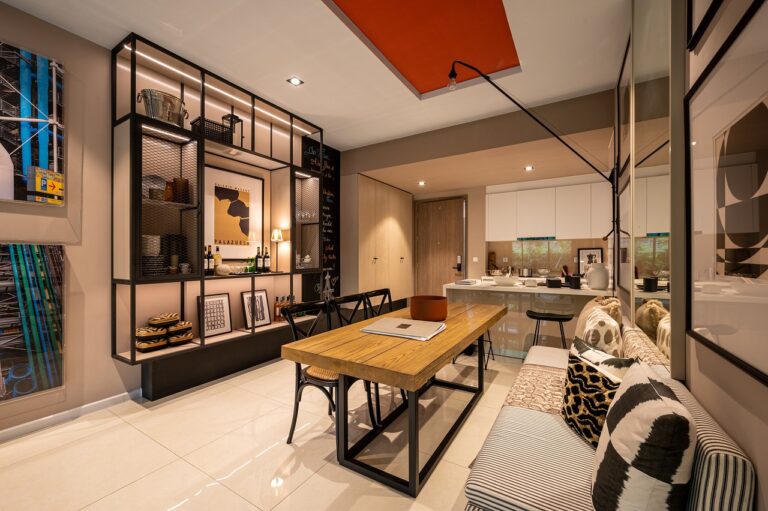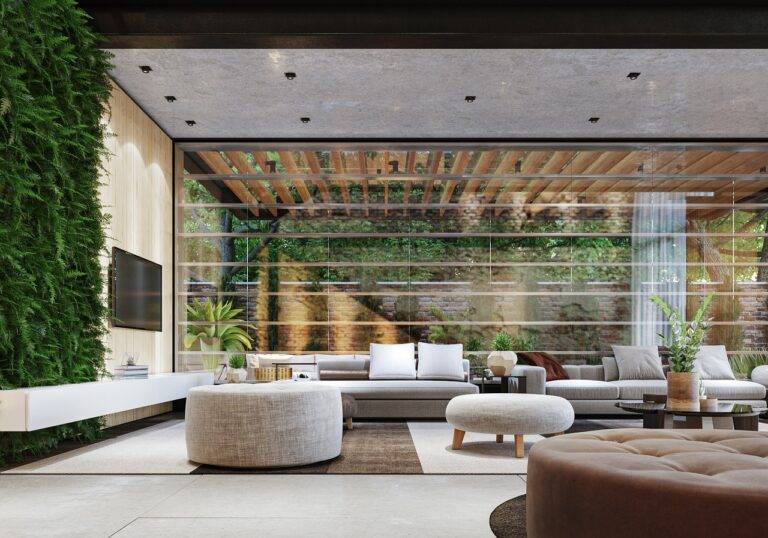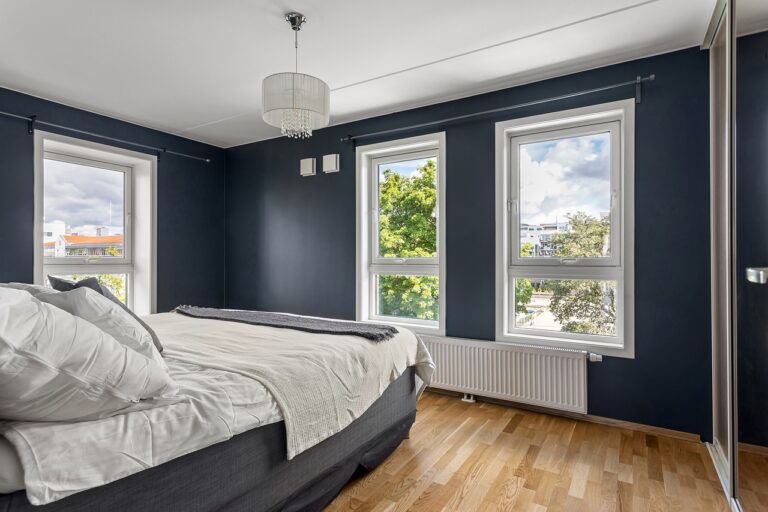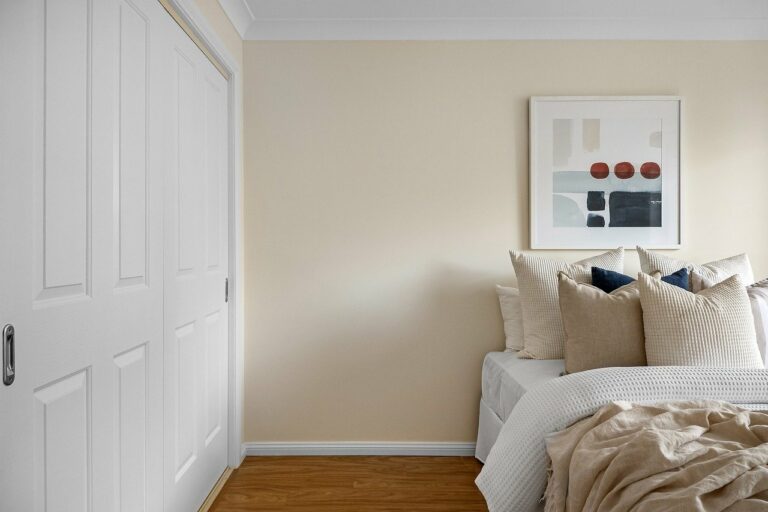The Role of Ventilation in Home Music Rooms: 11xplay reddy login password, Diamondexch9 id, Skyexchange id
11xplay reddy login password, diamondexch9 id, skyexchange id: Creating the perfect music room at home requires careful consideration of various factors, one of which is ventilation. Proper ventilation in a home music room is essential for maintaining a comfortable and conducive environment for playing and recording music. In this article, we will explore the role of ventilation in home music rooms and why it is important for musicians to pay attention to this often overlooked aspect of their practice space.
Why is ventilation important in a home music room?
Ventilation plays a crucial role in maintaining air quality in a room. In a music room, where sound is produced continuously, proper ventilation helps to remove stale air and circulate fresh air, creating a more comfortable environment for musicians to practice and create music. Good ventilation can also help control humidity levels, which can affect the sound quality of instruments and electronic equipment.
How does ventilation impact the sound quality in a music room?
Proper ventilation can help reduce sound reflections and reverberations in a music room, creating a more balanced and acoustically pleasing environment for musicians to work in. By eliminating excess noise and controlling the airflow in the room, musicians can achieve a cleaner and more accurate sound when recording or performing.
What are some ventilation options for home music rooms?
1. Windows: Installing windows in a music room can provide natural ventilation and allow for fresh air to circulate in the space.
2. Exhaust fans: Exhaust fans can help remove stale air and odors from a music room, creating a more pleasant environment for musicians to work in.
3. Air purifiers: Air purifiers can help remove dust, allergens, and other pollutants from the air, improving air quality in a music room.
4. HVAC systems: Installing a heating, ventilation, and air conditioning (HVAC) system can provide controlled airflow and temperature regulation in a music room.
5. Ceiling fans: Ceiling fans can help circulate air in a room, creating a more comfortable environment for musicians to practice and perform in.
6. Soundproofing materials: Using soundproofing materials in conjunction with ventilation options can help create a balanced and acoustically pleasing environment in a music room.
FAQs
1. Can I use a dehumidifier in my music room to control humidity levels?
Yes, a dehumidifier can help control humidity levels in a music room, which can affect the sound quality of instruments and electronic equipment.
2. How often should I clean and maintain the ventilation system in my music room?
It is recommended to clean and maintain the ventilation system in your music room regularly to ensure optimal performance and air quality.
3. Is it necessary to have windows in a music room for proper ventilation?
While windows can provide natural ventilation, there are other ventilation options available, such as exhaust fans and air purifiers, that can also help maintain air quality in a music room.
In conclusion, ventilation plays a vital role in creating a comfortable and conducive environment for musicians to practice and create music in a home music room. By implementing proper ventilation options and maintaining air quality, musicians can enhance their sound quality and overall music experience.

